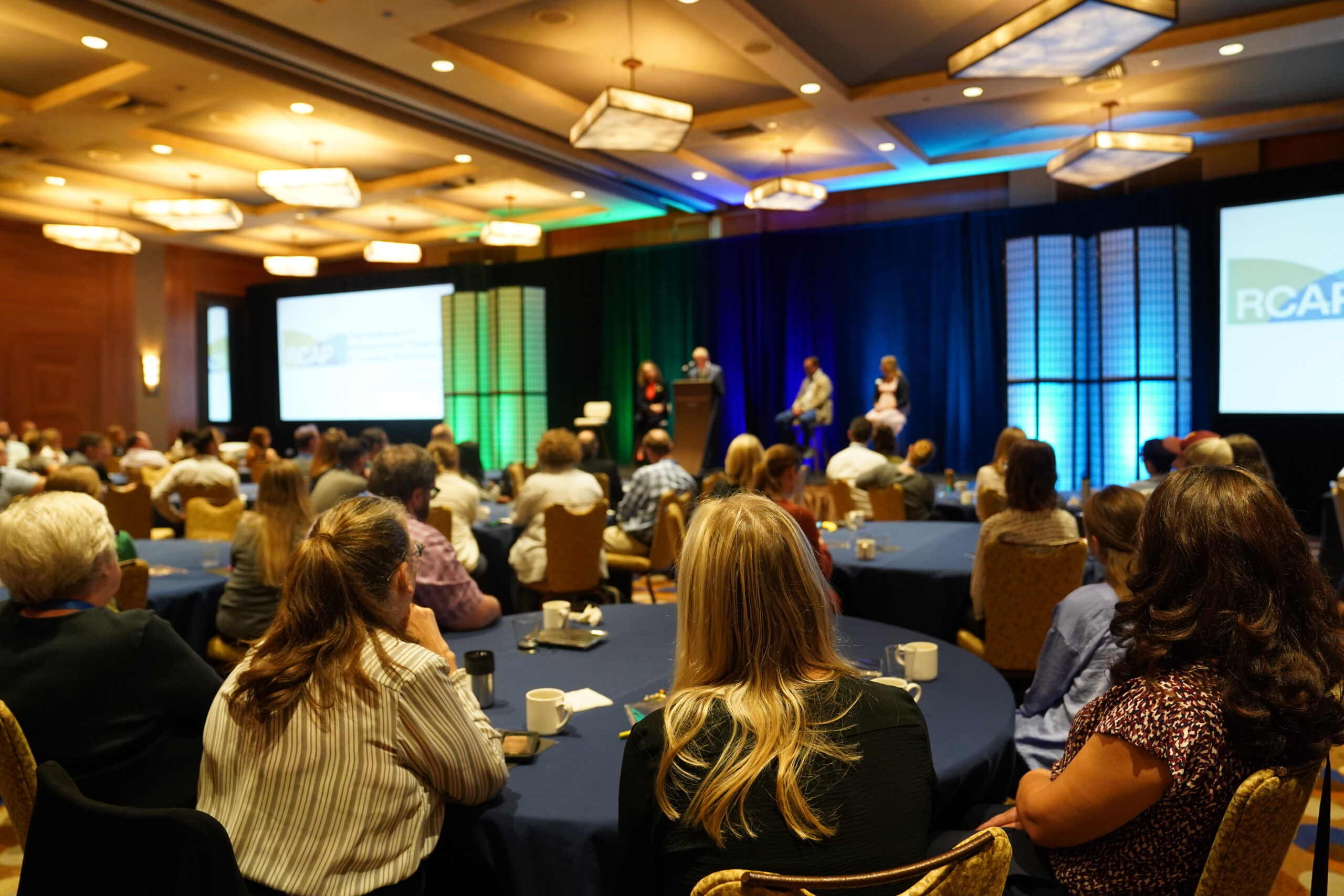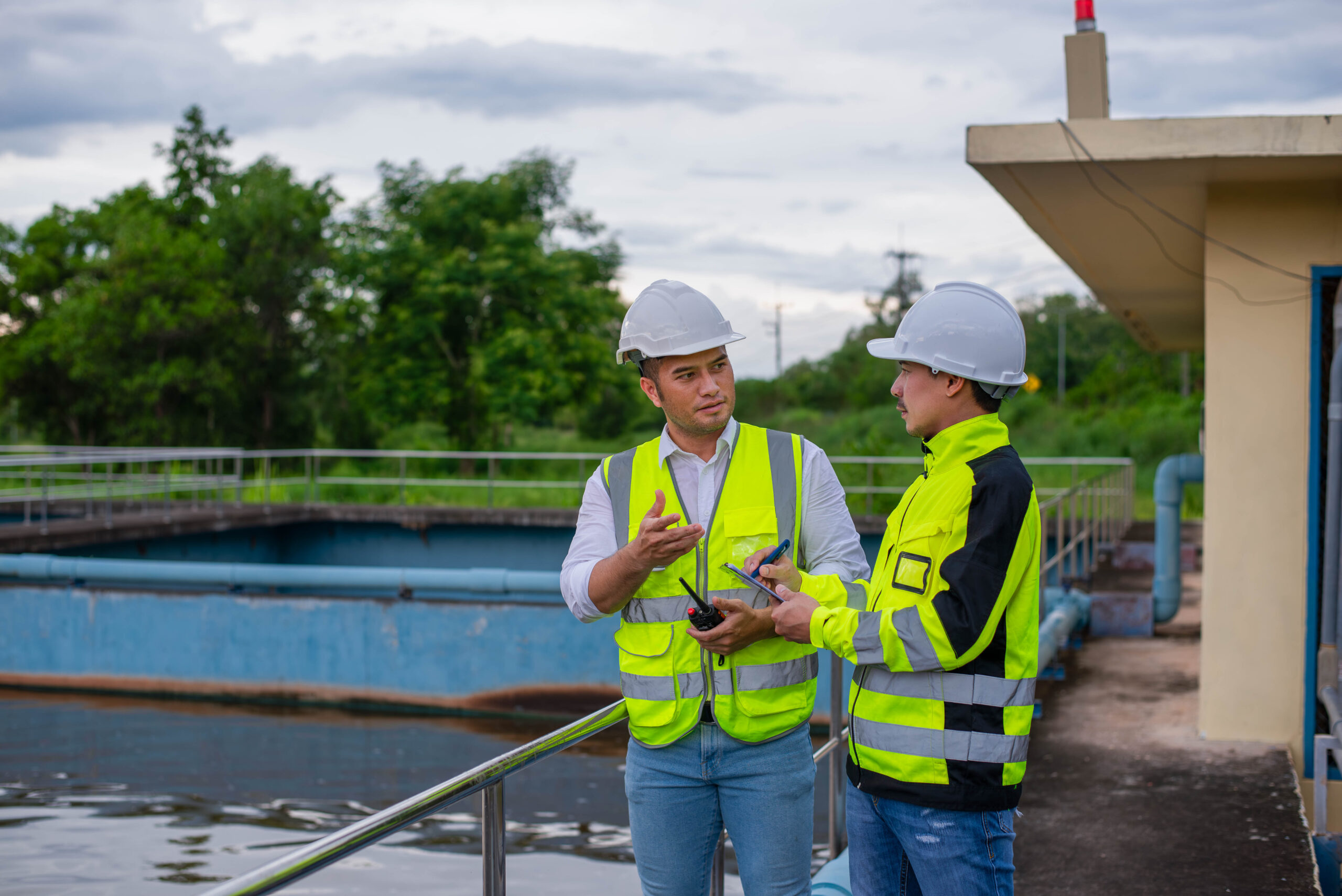Building Capacity for Rural Water: Highlights from RCAP’s 2025 SRF Workshop
Events and Announcements
Last week, the Rural Community Assistance Partnership Incorporated (RCAP) gathered over 140 attendees from 36 states and territories for the 2025 National State Revolving Fund (SRF) Infrastructure Financing & Training Workshop in Seattle, Washington. The event brought together federal and state officials, technical assistance providers, utility leaders and more to tackle one of the most pressing challenges facing rural and tribal communities: accessing critical federal water infrastructure funding.
The three-day program featured a mix of plenary discussions, training and peer-to-peer networking designed to strengthen SRF access for rural and tribal communities. Sessions explored innovative financing models, affordability mapping tools and strategies to braid SRF dollars with other funding sources. Among the many sessions offered included:
- One Stop Shop for Drought Mitigation: Connecting Utilities to Critical Funding
- Prioritizing Regionalization in Funding Policy: A Case Study from New Mexico
- Mapping Water Affordability
- Building Bridges to Funding: A Georgia Co-Funding Success Story
- Tools & Resources to Help Inform TA Delivery and Potential SRF Program Revisions
Glenn Barnes, Director at Water Finance Assistance, underscored the workshop’s value: The workshop format allowed for information exchange between the various groups who touch the different parts that make up the SRF program. The conversations during the sessions will strengthen these important funding programs and will lead to small and rural communities accessing the money they need to sustain their infrastructure for years to come.”
As federal policymakers continue to debate future infrastructure investment, this workshop served as a critical reminder that with the right skill set and support, rural communities can overcome systemic barriers and deliver safe and reliable water and wastewater services for generations to come.
“This workshop was not just about understanding funding programs, but about bringing people together, sharing ideas and giving communities the tools they need to succeed,” said Olga Morales-Pate, RCAP’s chief executive officer. “SRFs are a vital resource for addressing our nation’s water infrastructure challenges, and it’s inspiring to see so many partners committed to making them more accessible. RCAP is excited to keep building on this momentum and to continue hosting this workshop in the years ahead.”




